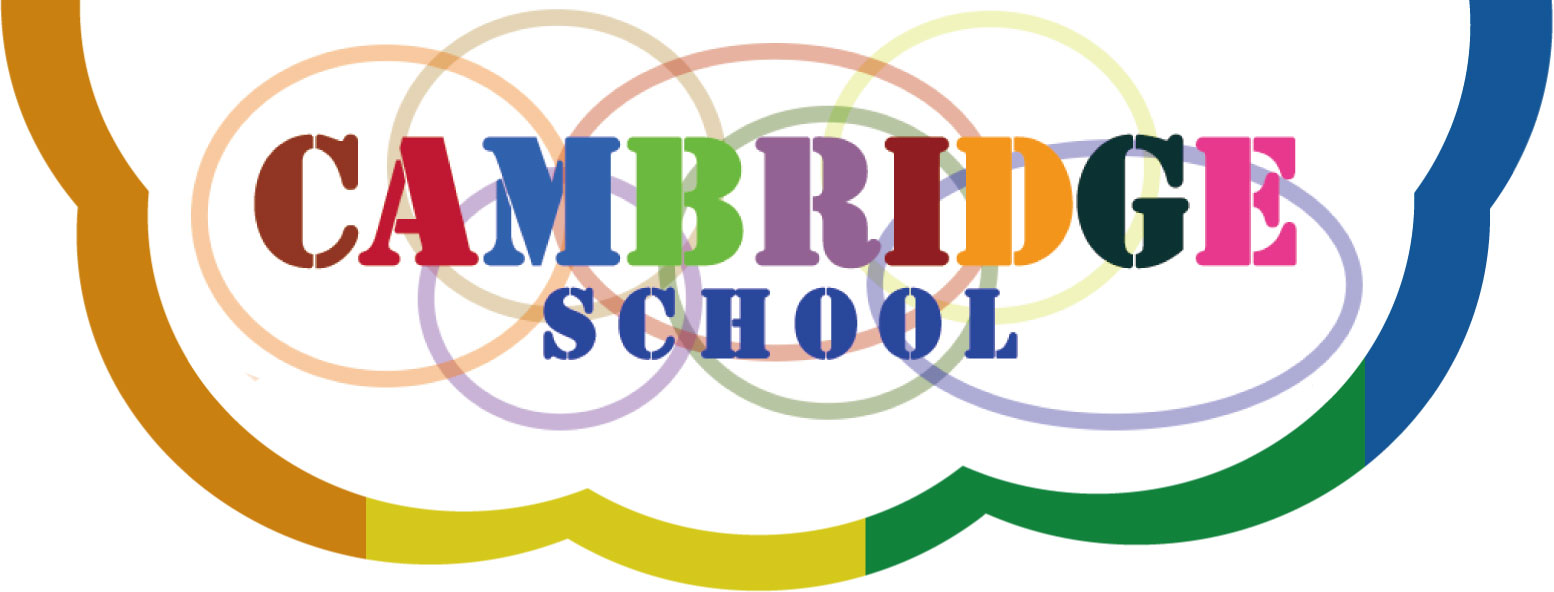About Cambridge School
Take the next step in your child’s education
Cambridge International School is an expert in the field of education, and we provide the highest standard teaching and education materials. We offer full school curriculums at each grade level as well as specially designed courses for individual needs. We cover a range of different courses, which can be studied in person, online, or through using our advanced system software, or a combination of these. All online and system courses are accompanied by Zoom classes with qualified instructors.
Cambridge courses prioritize the enhancement of the faculties of reasoning, analysis, and critical thinking, rather than rote learning or memorization. Our courses allow students to take ownership of their studies which brings about independence of thought, develops motivation, and fosters good study habits.

Included in our programs are the following:
- ★Online programs in English and mathematics for elementary and middle school students designed for individual needs. Click here for details.
- ★Home-study system where students can access complete school courses in English Literacy, Phonics, and Mathematics at all grade levels. Click here for details.
- ★In person after school programs for elementary students in English. Click here for details.
- ★Special cognitive development programs like CAT4. Click here for details.
Some of these courses may be studied in Japanese as well as English.
All our courses can be categorised by:
・The use of world class teaching materials prepared by researchers and experts in their fields.
・The development of critical thinking, analysis, and reasoning skills.
・Zoom classes where teachers who are chosen for their expertise enhance the quality of the learning.
・Individualized Online programs that cater for the individual needs of the students.
・System programs that feature direct, systematic, and world-class learning using visual and auditory lectures, worked examples, exercise sets, and interactive games. These courses are designed to be highly intuitive - they combine bite-sized language with images that make it easy to grasp concepts. They are multi-sensory and will keep children active and motivated to learn.
Exam and Test Prep
In addition, we also prepare students for various tests and exams such as Cambridge tests, Eiken, IELTS, CAT4, and school entrance exams. All our teachers are specialists in their fields, and we incorporate the latest research for pedagogy and brain development.
 Take the next step in your child’s education
Take the next step in your child’s education
Cambridge School offers online and in-person classes in English, math, and test prep. Unlock your potential using our tailored and comprehensive courses.
With our courses you can boost your skills and prepare for specialised tests such as Eiken, IELTS, and Cambridge tests. All our instructors are qualified to provide expert tuition and support for your child. Courses are available for ages 4 to 16.
Contact Us
Cambridge School

Either Japanese or English is acceptable
Weekdays from 9:00 a.m. to 6:30 p.m


